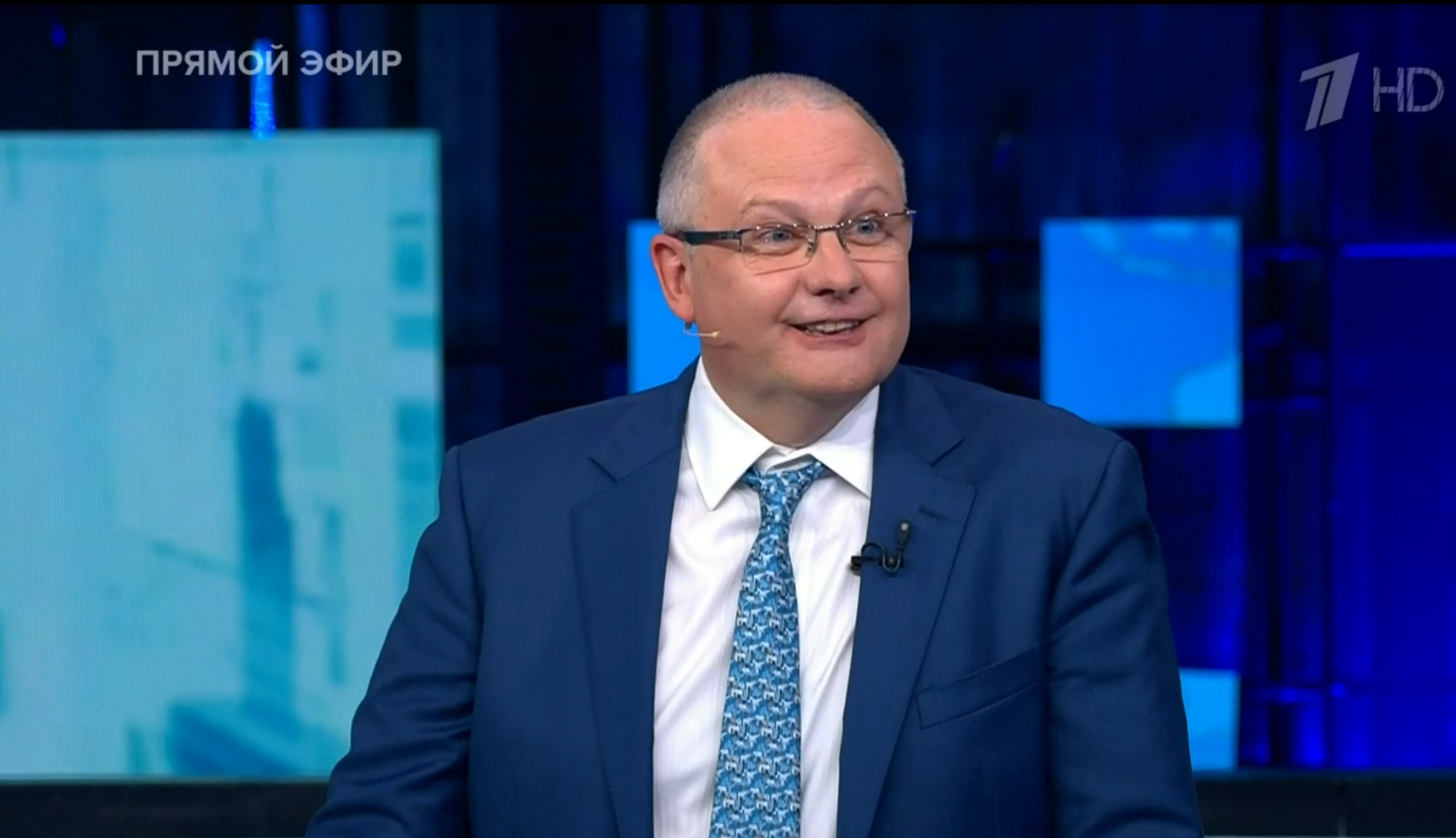Hot Topic
We have seen this before – 22 years ago, to be exact. At the time, the United States and its allies were ostensibly looking for weapons of mass destruction. Under that propagandistic slogan, an entire state was dismantled and its regime forcibly removed. Eventually, it was acknowledged that no WMDs had ever been found. But by then, it hardly mattered. It was 2003. Another Republican administration in Washington was posturing as a global enforcer – much like today – drafting updated versions of the “axis of evil”. To those of us in the nuclear policy community, it was clear then – and remains clear now – that behind the rhetoric of nonproliferation lay broader both strategic and geopolitical ambitions, often unrelated to weapons of mass destruction themselves. In 2003, Russia joined France and Germany in sharply condemning the US actions, as well as those of the United Kingdom, which had chosen to align itself with Washington.
Today, the political landscape looks quite different. Continental Europe remains largely silent, head lowered. Criticism of Trump and his policies exists particularly in private conversations in Paris, but public pushback rarely rises above vague murmurs.
Russia, for its part, no longer attempts to build bridges with Europe on the Iranian issue; in the context of the war in Ukraine, such efforts have become futile. By 2025, the logic seems to be: every country for itself.
Orlov, Vladimir A.
Editor-in-Chief
The anti-American alignment between Russia, Germany, and France over Iraq – hailed in Moscow at the time as a diplomatic breakthrough – ultimately proved short-lived and strategically ineffective. One need only recall Kiev in February 2014 to understand how quickly those alignments unraveled. Still, in the 2000s, this stance allowed Russia to speak out loudly while remaining practically disengaged from the US campaign in Iraq. Moscow had its own priorities. The same dynamic played out later in Libya. Russia opted not to overextend itself in the Middle East, choosing instead to concentrate on internal challenges and foreign policy concerns within its immediate neighborhood – where vital national interests were perceived to be at stake, rather than in regions of more general or diffuse concern.
I recall how, in 2002–2003, Republican policymakers in Washington floated what they considered a “big offer” with Moscow. The message was essentially this: “You have problems with Georgia and Ukraine? Let us resolve them in one move. Withdraw your support for Iran and do not interfere with what we are about to do in Iraq – even if it is meant to send Tehran a warning. Say what you want publicly, but hold back in practice. In exchange, we will refrain from challenging whatever actions you take in Georgia and Ukraine. Consider it your own version of the Monroe Doctrine. Just as Latin America is our sphere of influence, the post-Soviet space – despite the Baltic states – can be yours. Deal?”
No such a bargain was made. And none will be. Not because Republican administrations were later succeeded by Democratic ones – often viewed in Moscow as even more both intrusive and arrogant in their approaches. The real issue runs deeper: the United States, in Russia’s assessment, is not an agreement-capable power. Informal understandings, even when seemingly reached, are easily reversed, reinterpreted, or denied. The only genuine exception in living memory remains the Cuban Missile Crisis of 1962 – a singular moment in which Soviet nuclear weapons were stationed near American territory prompting mutual recognition of existential risk and the need for a negotiated outcome. Today, the idea of a gentlemen’s agreement with Washington appears increasingly naive. Such arrangements tend to end in familiar fashion: “We never agreed to that.” I sincerely hope I am wrong. But we will find out soon enough.
This comment was first published in the Kommersant Daily on June 22, 2025 (the article is translated from Russian into English).
Keywords: Nuclear Nonproliferation; Iran; Iran–Israel; United States
NPT
E16/SHAH – 25/06/23




